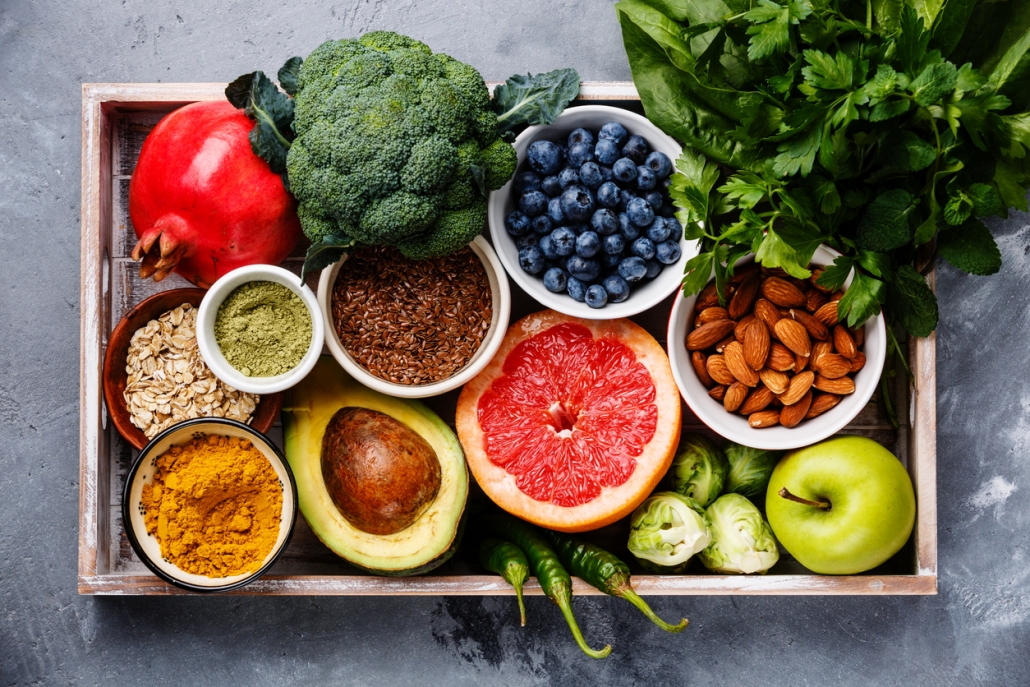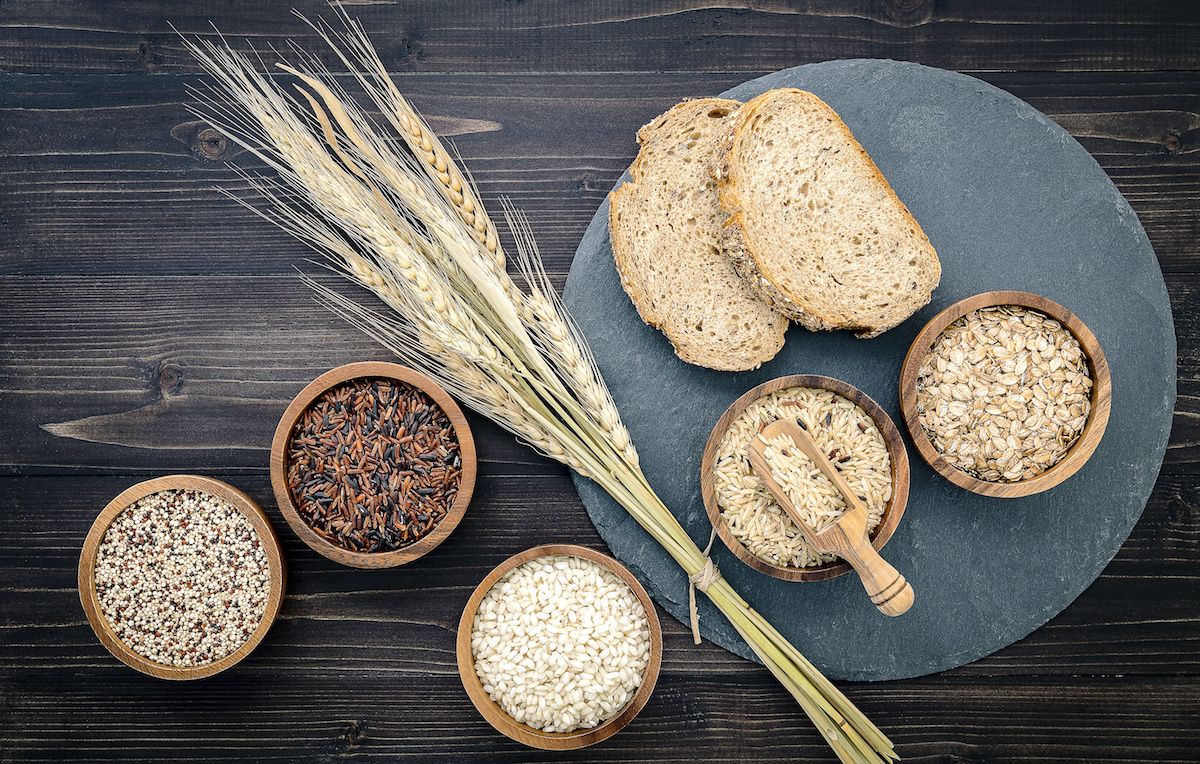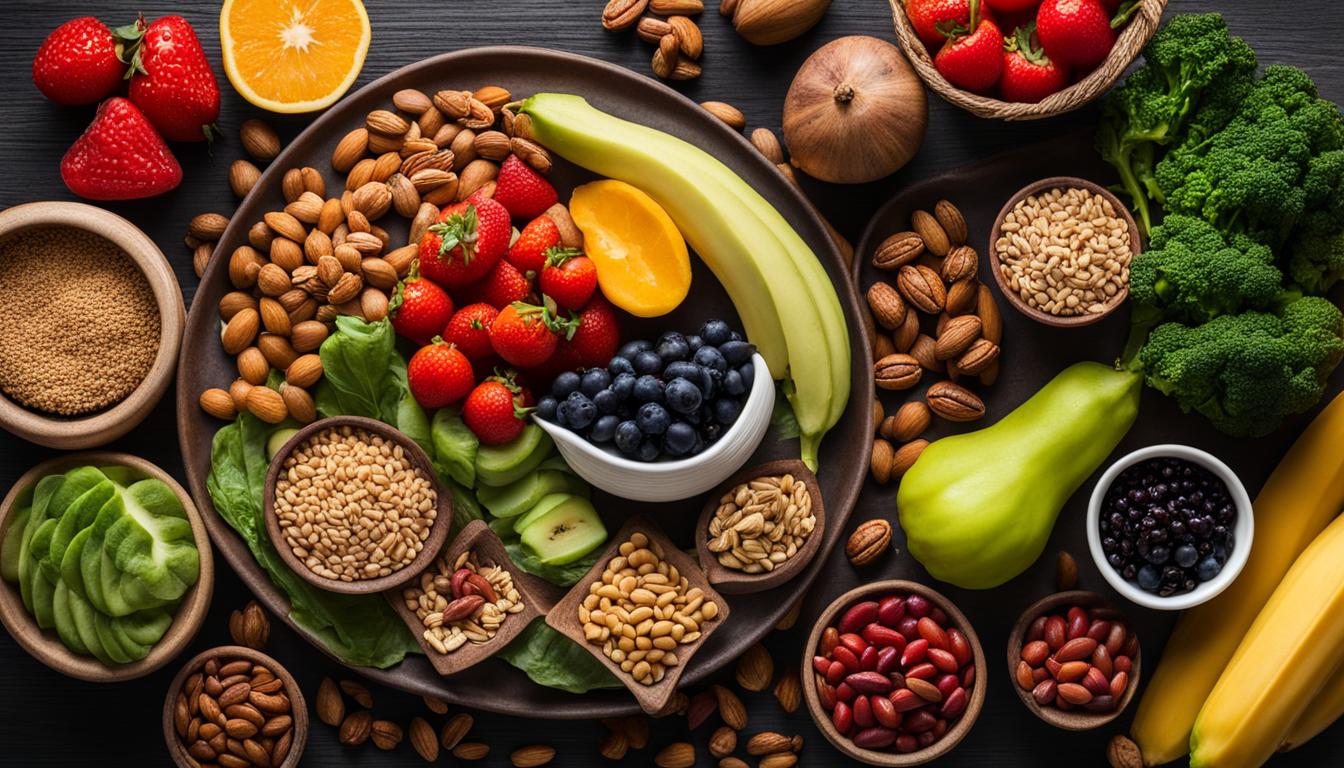The Impact of Diet and Lifestyle on Colorectal Cancer Risk

Colorectal cancer, a type of cancer that affects the colon or rectum, is an alarming health concern that continues to rise globally. Extensive research has shown that diet and lifestyle choices play a significant role in influencing an individual’s risk of developing this disease.
Understanding and addressing the impact of these factors is of utmost importance in implementing effective preventive measures. With that in mind, this article aims to explore the intricate relationship between diet, lifestyle, and colorectal cancer risk, shedding light on the essential aspects individuals should consider in their everyday lives.
By delving into the latest findings and scientific evidence, we hope to empower readers with the knowledge needed to make informed decisions for a healthier future.
Dietary Factors: Key Nutrients, Substances, and Food Components that Impact Colorectal Cancer Risk
Dietary factors play a pivotal role in determining the risk of colorectal cancer. Various key nutrients, substances, and food components wield the power to sway this susceptibility.
The intricate interplay of these factors adds significant complexity to our understanding of colorectal cancer risk. One of the primary determinants is the intake of essential nutrients like fiber, which enables enhanced digestion and promotes a healthy gut microbiota.
Additionally, substances such as red and processed meats have been associated with a higher risk of colorectal cancer due to their high content of saturated fats and carcinogens formed during cooking. Conversely, the consumption of fruits, vegetables, and whole grains rich in antioxidants and phytochemicals has been linked to a reduced risk.
Understanding the intricate web of these dietary factors is essential to unraveling the secrets of colorectal cancer prevention and management.
Lifestyle Factors: Identifying the Influence of Physical Activity, Smoking, and Alcohol Consumption on Colorectal Cancer

Source: news-medical.net
Understanding the impact of lifestyle choices on colorectal cancer risk is crucial for public health interventions. Research has shown that engaging in regular physical activity has a protective effect against colorectal cancer, reducing the risk by promoting proper digestion and improving overall immune function.
On the other hand, smoking has been unequivocally linked to an increased risk of colorectal cancer, as harmful tobacco constituents damage the DNA and disrupt normal cell growth within the colon and rectum. Additionally, excessive alcohol consumption has been associated with an elevated risk of colorectal cancer due to alcohol’s ability to generate harmful metabolites, impair the body’s detoxification mechanisms, and cause inflammation in the gastrointestinal tract.
By delving into these lifestyle factors, we can unveil the intricate interplay between physical activity, smoking, alcohol consumption, and colorectal cancer, paving the way for tailored preventive strategies and promoting healthier lifestyles.
Obesity and its Effect on Colorectal Cancer Risk
Obesity, a pressing global health concern, has been recognized as a significant risk factor for colorectal cancer. With an alarming rise in obesity rates worldwide, understanding its impact on colorectal cancer risk has become paramount.
Research suggests that individuals who are obese are more vulnerable to developing colorectal cancer compared to those with a healthy body weight. This association can be attributed to several factors, such as the chronic low-grade inflammation present in adipose tissue, insulin resistance, altered adipokine and hormone levels, and changes in the gut microbiome.
Moreover, the excessive accumulation of visceral fat surrounding the abdominal organs further amplifies the risk. Exploring the intricate connection between obesity and colorectal cancer is vital in devising effective preventive strategies and improving clinical outcomes.
The Role of Fiber and Whole Grain Consumption in Reducing Colorectal Cancer Risk

Source: roswellpark.org
A growing body of evidence suggests a significant role for fiber and whole grain consumption in reducing the risk of colorectal cancer. Fiber is known to promote regular bowel movements and maintain a healthy digestive system, thereby preventing the accumulation of harmful agents in the colon. Furthermore, whole grains, rich in fiber, vitamins, and minerals, possess numerous protective properties against cancer development.
Several studies have reported that a higher intake of fiber and whole grains is associated with a decreased risk of colorectal cancer. Incorporating these dietary elements into one’s regular eating habits can be a proactive step toward reducing the incidence of this potentially devastating disease.
Red and Processed Meat: Evaluating the Link between Consumption and Colorectal Cancer Risk
Red and processed meat has long been a subject of scrutiny when it comes to evaluating the link between consumption and colorectal cancer risk. So, what does the research say? Numerous studies have unveiled a compelling association between the two, raising concerns among health-conscious individuals.
While some argue that moderate consumption can be part of a balanced diet, the evidence leans towards a more cautious approach. The intricacies of this connection lie in the intricate web of factors that contribute to the risk of colorectal cancer.
It is noteworthy, however, that this relationship is not solely attributed to meat intake but rather to a combination of other influential elements such as genetic predisposition, lifestyle choices, and overall dietary patterns. As such, incorporating these findings into dietary recommendations proves to be a multifaceted challenge.
Delving deep into the complexities of this issue is imperative, focusing not only on the type and amount of meat consumed but also on the potential synergistic interplay with other factors. Critical analysis and further investigation are crucial in unraveling the true extent to which red and processed meat consumption affects colorectal cancer risk.
Conclusion

Source: capecrystalbrands.com
In conclusion, diet and lifestyle play a crucial role in determining the risk of developing colorectal cancer. Maintaining a healthy and balanced diet, rich in fruits, vegetables, whole grains, and lean proteins, coupled with regular physical activity, can significantly reduce the chances of colorectal cancer development.
It is essential to consult with colorectal cancer specialists, who possess a deep understanding of this complex disease and can provide tailored recommendations and guidance. By adopting these preventive measures and seeking expert advice, individuals can take proactive steps toward reducing their risk of colorectal cancer and promoting overall wellness.





